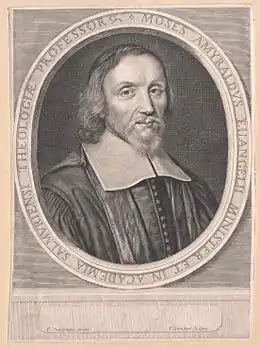The Calvinism Portal
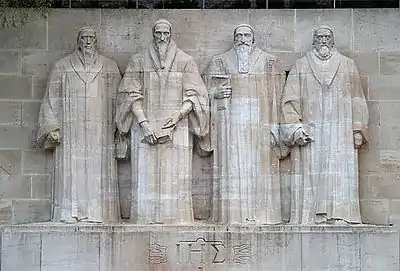
Calvinism, also called Reformed Christianity, is a major branch of Protestantism that follows the theological tradition and forms of Christian practice set down by John Calvin and various other Reformation-era theologians. It emphasizes the sovereignty of God and the authority of the Bible.
Calvinists broke from the Roman Catholic Church in the 16th century. Calvinists differ from Lutherans, another major branch of the Reformation, on the spiritual real presence of Christ in the Lord's Supper, theories of worship, the purpose and meaning of baptism, and the use of God's law for believers, among other points.
The namesake and founder of the movement, French reformer John Calvin, embraced Protestant beliefs in the late 1520s or early 1530s, as the earliest notions of later Reformed tradition were already espoused by Huldrych Zwingli. The movement was first called "Calvinism" in the early 1550s by Lutherans who opposed it, however many in the tradition find it either a nondescript or inappropriate term and prefer the term Reformed.
The most important Reformed theologians include Calvin, Zwingli, Martin Bucer, William Farel, Heinrich Bullinger, Thomas Cranmer, Nicholas Ridley, Peter Martyr Vermigli, Theodore Beza, John Knox, and John à Lasco. In the 20th century, Abraham Kuyper, Herman Bavinck, B. B. Warfield, J. Gresham Machen, Louis Berkhof, Karl Barth, Martyn Lloyd-Jones, Cornelius Van Til, R. C. Sproul, and J. I. Packer were influential. More contemporary Reformed theologians include the late Tim Keller, Desiring God Ministries founder John Piper, as well as Joel Beeke and Michael Horton. (Full article...)
Selected article
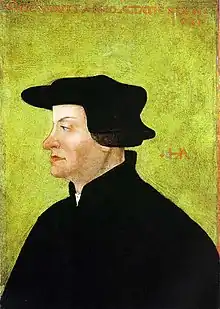
Selected images
Did you know...
- ...that for the first four decades of its existence, the altar of the Reformed Dutch Church in Bloomingburg, New York, was on the same end as the main entrance?
- ...that Peter Martyr Vermigli's best known work, the Loci Communes, is a compilation of excerpts from his biblical commentaries published after his death?
- ... that Robert Dick Wilson was a leading Bible scholar who was able to read the New Testament in nine different languages while still at Princeton University, and strongly defended the Bible's historical accuracy?
Subcategories
Topics
Background: Christianity • St. Augustine • The Reformation • John Calvin • Five Solas • Synod of Dort
Theology: Five Points (TULIP) • Covenant Theology • Regulative principle
Documents: Calvin's Institutes • Confessions of faith • Geneva Bible
Influences: Theodore Beza • John Knox • Jonathan Edwards • Princeton theologians • Henry Cooke
Churches: Reformed • Presbyterian • Congregationalist • Reformed Baptist
Peoples: Afrikaner Calvinists • Huguenots • Pilgrims • Puritans • Scots • Ulster Protestants
WikiProjects

- Religion
- Christianity
- Bible
- Calvinism
- Lutheranism
- Christianity
Things to do
 |
Here are some tasks awaiting attention:
|
If those don't satisfy, try wandering through Category:Calvinism articles by quality looking for things to do.
Related portals
Associated Wikimedia
The following Wikimedia Foundation sister projects provide more on this subject:
-
 Commons
Commons
Free media repository -
 Wikibooks
Wikibooks
Free textbooks and manuals -
 Wikidata
Wikidata
Free knowledge base -
 Wikinews
Wikinews
Free-content news -
 Wikiquote
Wikiquote
Collection of quotations -
 Wikisource
Wikisource
Free-content library -
 Wikiversity
Wikiversity
Free learning tools -
 Wiktionary
Wiktionary
Dictionary and thesaurus

%252C_by_Emanuel_de_Witte.jpg.webp)



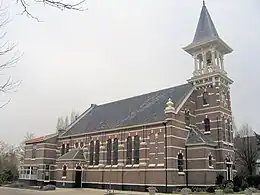


.jpg.webp)
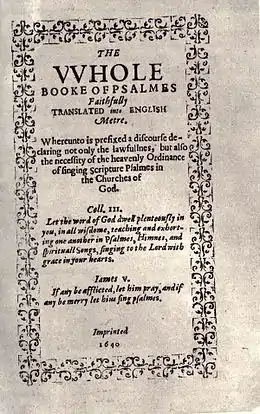


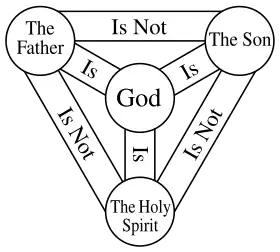

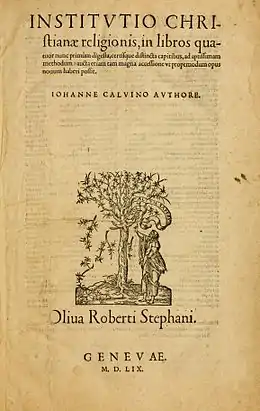
.jpg.webp)
